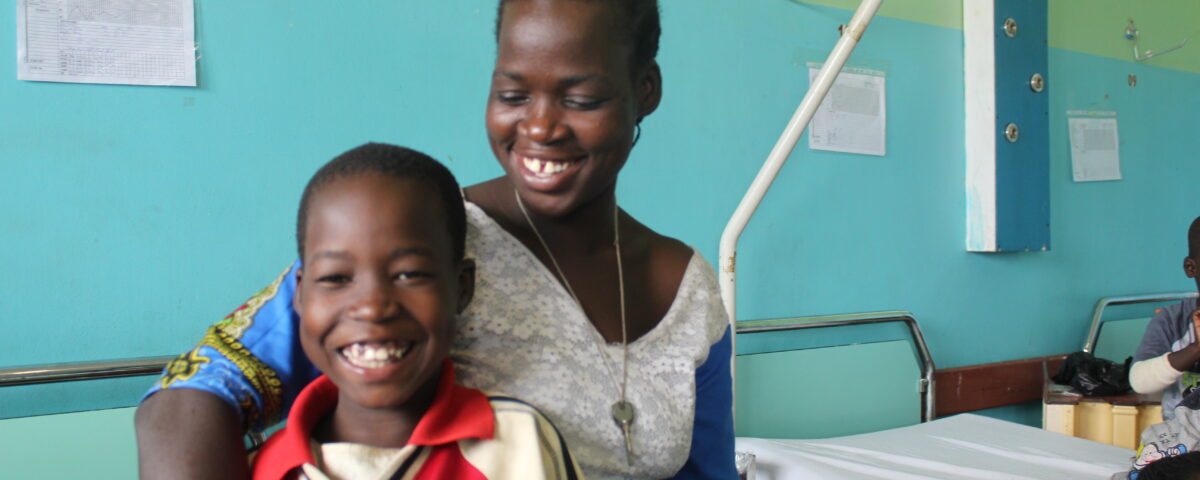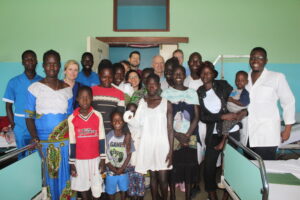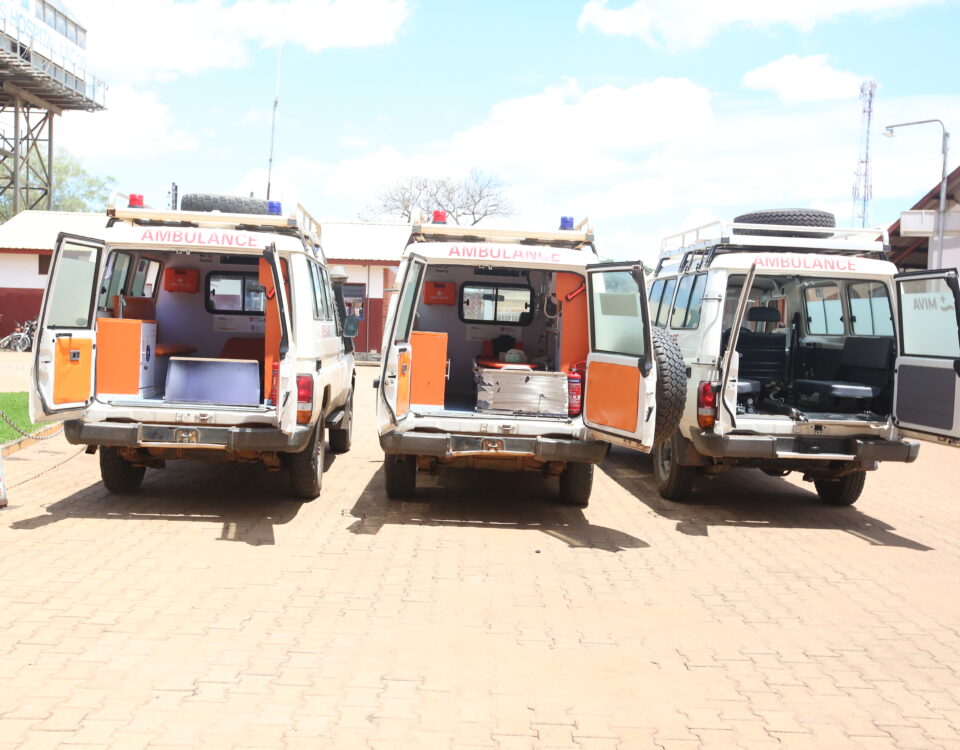Narrated by Akello (Anena’s mother)
In many African communities, the weight of maintaining harmony at home often rests on a woman’s shoulders. Her days are filled with ensuring that meals are prepared, homes are immaculate, and her family’s needs are met.
For Akello Brenda, a mother of four from Amuru, this has always been her reality. Her life is carefully orchestrated to meet all these expectations until tragedy strikes, testing her strength and hope.
On the evening of October 10, 2013, Brenda’s carefully laid out plans were abruptly upended. After finishing her chores, she turned her attention to preparing for the next day. She boiled water and poured it into a flask, only to realize its lid was cracked and useless. Frustrated, she improvised the use of polythene-wrapped maize cob and wedged it into the flask’s opening as a makeshift stopper.
Feeling fulfilled after a day’s work, Brenda steps out to dine with her co-wife, leaving her 11-month-old baby, Lydia, crawling alone in the hut. Unbeknownst to her, Lydia’s curiosity leads her to play with the flask on the floor. As the flask tips over, its contents spill onto the child, burning her legs and the area around her umbilical cord.
Brenda rushed into the hut upon hearing her daughter’s scream and found Lydia in excruciating pain. Overwhelmed by helplessness, she struggled to comfort her suffering child as they awaited help. With no swift means to reach a hospital, Brenda endures the agonizing wait until morning to rush Lydia to Lacor Hospital.
The night stretched endlessly, and she found no rest. She helplessly watched her child suffer through wrenching pain, yet the distance to the nearest help was unimaginably vast, with no transport in sight.
At dawn, Akello set out on a long walk to the nearest center, where she managed to secure a boda boda that safely transported them to Lacor hospital’s main complex.
During their two-month stay at the hospital, Akello dedicated herself to caring for her daughter and after two months of treatment, Akello requested to be discharged to return home and manage her other domestic responsibilities and economic activities to support her family.
Her request was granted on one condition: she had to continue caring for her daughter and visit the health center twice weekly for checkups and monitoring.
A condition which she accepted, but shortly, the reality of financial burden crept in. “I accepted out of joy and the pressure to go home and make ends meet,” she admitted, “but honestly, the money just wasn’t there. There are times when I don’t even have 20,000 shillings for the entire month.” The weight of her responsibilities, coupled with the strain of limited resources, left her struggling to balance her family’s needs and the demands of her daughter’s care.
Akello returned home and continued massaging Anena’s scarred tissue with hope hope of restoring her daughter’s mobility someday.
Years passed, yet there was only a little improvement in Anena’s knee. But she was undeterred; Akello sought surgical intervention at a medical facility in Gulu City, a decision that led to further financial and emotional challenges.
The surgery, which she had hoped would bring change, unfortunately worsened the limited movement in Anena’s knee joints. Brenda spent six arduous months away from her family at the facility, enduring both emotional and financial strain.
Her spirit was crushed, and she felt defeated. “At least she could limp on one leg,” Akello sighed, her voice heavy with resignation and sorrow.
Just when all hope seemed lost, Akello learned of the upcoming reconstructive surgeries to be offered at Lacor Hospital for patients with stiff joints, severe scars, and burn injuries. Her hope was reignited, and her determination grew stronger than ever.
Despite her financial struggles, Brenda gathered what little resources she had and set off once more, this time with all four of her children in tow.
She was uncertain about what lay ahead in terms of food and shelter, but she was resolved to give Anena a better life.
Upon arrival, they found temporary shelter at Gang Welow, the hospital’s waiting area, but anxiety gnawed at her. As she tried to settle in, the same nagging fear crept into her mind: What if this attempt doesn’t work either?
After the surgery, she couldn’t stay put. Her heart rate heightened, and as the trolley made its way to the recovery ward in surgery II, her brain went numb and was only reawakened by Dr. Orlando Antonio’s “The surgery was a success, she will be fine,” he assured.
These words brought joy and relief to Akello and restored her trust. “My daughter will wear shoes again—no more pain,” she beamed, envisioning a future free from suffering.
Today, Anena, a bright Primary Four pupil, will walk, not limping, without pain, and her spirit is renewed. The surgery mended more than her leg; it restored her hope.
For Akello, this was a test to her human spirit, a delicate dance between struggle and grace. It reveals the endless challenges mothers face, yet also the hope that inspires and the will that transforms suffering into strength.
Anena’s story tells the power of a mother’s love and the role of community in overcoming problems. It reminds us that even in darkness, light persists, and with courage and support, fate can be rewritten.



